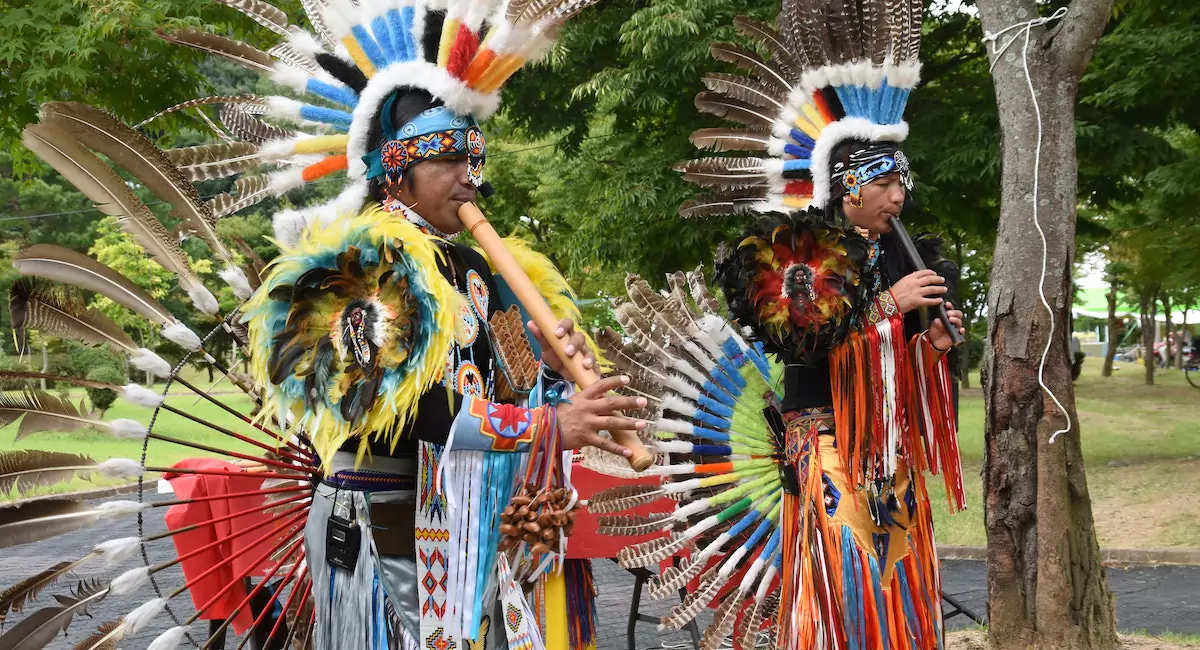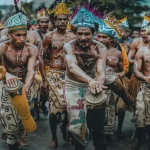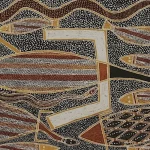
Cultural Workshops and Demonstrations: Learning from Elders at Queensland’s Festivals
When you visit Queensland, Australia, you will witness a rich and diverse Indigenous cultural heritage. This region hosts numerous festivals that celebrate and showcase the traditions, art, and wisdom of the Aboriginal and Torres Strait Islander communities. One of the highlights of these festivals is the opportunity to participate in cultural workshops led by respected elders. These workshops offer a unique and immersive experience, allowing attendees to learn directly from the source and gain a deeper understanding of the ancient customs, skills, and knowledge passed down through generations. This article explores the significance of these workshops, their impact on cultural preservation, and the invaluable wisdom shared by the elders at Queensland's festivals.
The Significance of Cultural Workshops
Cultural workshops at Queensland's festivals help bridge the gap between generations, connecting the knowledge of elders with the curiosity of younger generations and visitors. They provide a safe and supportive environment for you to engage in hands-on activities, such as traditional art forms, dance, music, storytelling, and bush tucker preparation. Through active participation, you gain a profound appreciation for the complex and beautiful Indigenous cultural practices of the First Nations People, fostering a sense of respect and admiration for these ancient traditions.
Learning from Respected Elders
Elders play a central role in cultural workshops and Indigenous stories in Australia. They are the keepers of ancestral knowledge and have a lot of wisdom about cultural skills, stories, and spiritual beliefs. When they lead workshops, you will have the privilege of learning from the source, gaining insights that books or videos can never fully convey. The elders' presence and guidance offer a sense of authenticity and authority, enhancing the learning experience and strengthening the connection to Indigenous heritage.
Preserving and Revitalising Cultural Practices
One of the main goals of these workshops is to preserve and revitalise traditional cultural practices. Many art forms, dance styles, and ancient skills were at risk of being lost due to the impact of modernisation. Cultural workshops provide a platform for elders to continue their legacy, ensuring that these traditions continue to thrive and evolve in contemporary settings. By actively engaging in these practices, attendees become ambassadors for cultural preservation, promoting appreciation and understanding of Indigenous culture beyond the festival grounds.
The Power of Storytelling
Storytelling is an important and symbolic part of Indigenous culture, serving as a means of transmitting knowledge, history, and Indigenous stories in Australia. Elders often share Dreamtime stories during workshops, immersing participants in the rich mythologies of the land. Through these narratives, you can learn about the significance of specific sites, the connection to ancestral beings, and the sacred relationship between Indigenous communities and their land. The power of storytelling in cultural workshops creates a lasting impact, instilling a sense of wonder for the Dreaming and its significance in Aboriginal and Torres Strait Islander spirituality.
Building Cultural Awareness and Understanding
When you participate in cultural workshops, it fosters a cultural awareness and understanding and a chance to dispel misconceptions, challenge stereotypes, and break down cultural barriers. By engaging with elders and learning from their perspective, you can gain insights into the diversity and depth of Indigenous cultures. This newfound awareness can lead to more respectful attitudes towards Indigenous Australians, contributing to reconciliation efforts and cultural appreciation.
Connecting with the Land and Country
Indigenous cultures are deeply connected to the land and the natural environment. Cultural workshops often take place on significant sites, further strengthening the connection between attendees and the country. Participants learn about the importance of land stewardship and the sacred relationship Indigenous communities have with their ancestral territories. This connection to the land fosters a sense of responsibility for the need to protect and preserve these environments for future generations.
Tip
You can read more about this connection to land in this article, Honouring Country: The Connection to Land in Indigenous Festivals.
Fostering Intergenerational Relationships
Cultural workshops also provide a unique opportunity for intergenerational interactions. Younger members of Indigenous communities have the chance to learn from their elders, not only about traditional practices but also about their cultural identity. At the same time, attendees from diverse backgrounds can witness the bond between elders and younger community members, witnessing the passing down of knowledge and the importance of preserving cultural continuity.
Tip
Learn more about how the younger generation can help preserve indigenous heritage in this article, Preserving Heritage for Future Generations.
Conclusion
Thus, attending a cultural workshop and demonstration led by respected elders at Queensland's festivals offers you a transformative experience. These festivals provide a window into the richness and depth of Indigenous Australian culture, fostering appreciation, respect, and understanding. Through storytelling and direct interaction with elders, you can gain valuable insights into the Dreaming, ancestral practices, and the connection between Indigenous communities and the land.





